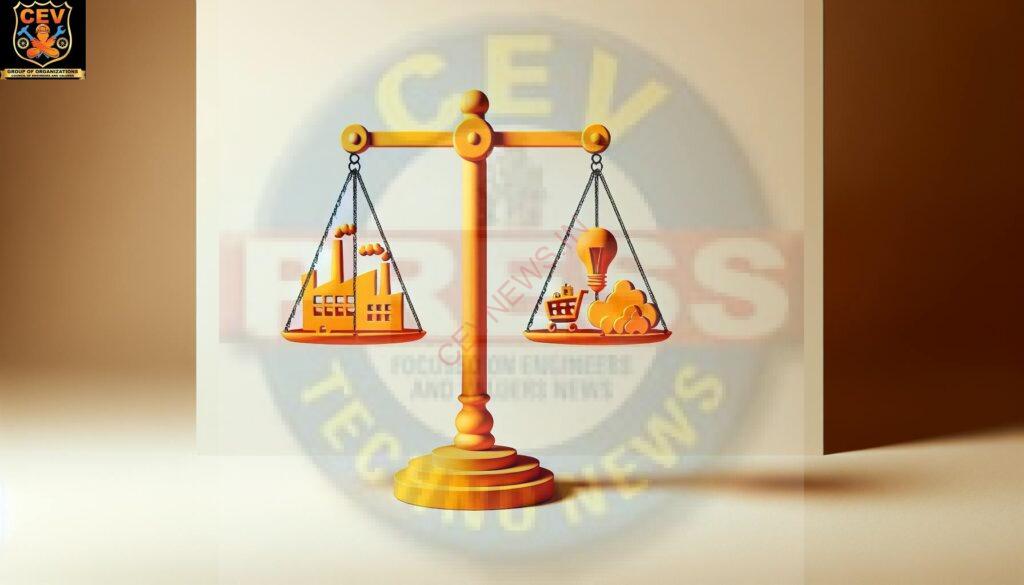NOTIONAL VALUE
Notional value, in financial terms, refers to the total value of a position or an asset, usually expressed in nominal or face value terms. It represents the value of an asset or position if it were to be fully bought or sold, without considering any offsetting positions.
In different contexts, notional value can mean different things:
Derivatives: In the context of derivatives such as options and futures, notional value refers to the value of the underlying asset that the derivative represents. For example, if you have a futures contract on 100 barrels of oil, the notional value would be the current market price of 100 barrels of oil.
Swaps: In interest rate swaps or currency swaps, notional value refers to the principal amount on which interest payments are exchanged. For example, in a $1 million interest rate swap, the notional value is $1 million, but the actual cash flows exchanged might be based on interest rates.
Bonds: For bonds, notional value refers to the face value or par value of the bond, which is the amount the issuer promises to repay the bondholder at maturity. However, market prices of bonds may fluctuate above or below this notional value.
Insurance: In insurance contracts such as credit default swaps (CDS), notional value refers to the total amount of the underlying debt being insured. For instance, if a CDS has a notional value of $10 million on a particular bond, the protection buyer is entitled to receive compensation up to $10 million if a credit event occurs.
Notional value is used to determine the magnitude of exposure to risk or potential gains or losses associated with a particular financial instrument or position. However, it’s important to note that notional value doesn’t represent the actual amount of money invested or at risk, but rather a reference point for calculating financial obligations or potential returns.
NOTIONAL VALUE IN TERMS OF VALUATION AND INSURANCE
Notional value in terms of valuation and insurance refers to the hypothetical value assigned to an asset or liability for the purpose of financial calculations or risk management, rather than its actual market value. This concept is particularly relevant in the insurance industry and certain financial instruments. Here’s how notional value is used in these contexts:
Valuation: In valuation, notional value can be used to assess the value of complex financial products or contracts, especially those involving derivatives. For example, in options trading, the notional value of an option contract represents the theoretical value of the underlying asset at the contract’s expiration date. This allows investors to gauge the potential profitability or risk associated with the option without necessarily purchasing or selling the underlying asset.
Insurance: Notional value is also significant in insurance contracts, particularly in the realm of financial risk management such as credit default swaps (CDS). In insurance, notional value refers to the face value of the insured asset or liability. For instance, in a credit default swap, the notional value represents the total amount of the underlying debt being insured. If a credit event occurs, the protection buyer is entitled to receive compensation up to the notional value.
In both valuation and insurance contexts, notional value serves as a reference point for calculating financial exposures, obligations, and potential losses. It allows investors, insurers, and risk managers to quantify and manage their risks more effectively, even when dealing with complex financial instruments or uncertain market conditions. However, it’s important to recognize that notional value is a theoretical concept and may not necessarily reflect the actual market value or cash flows associated with an asset or liability.
Notional value is like a placeholder value we use to measure the size or importance of something in the financial world. It’s kind of like saying, “Let’s pretend this thing is worth this much,” even if it might not be exactly that amount.
Here’s an example:
Imagine you’re playing a game with toy cars, and you want to keep track of how valuable each car is. You might decide that each car is worth Rs. 10. So, if you have 5 toy cars, the notional value of your collection would be Rs. 50, even if you didn’t actually spend that much money to buy them.
In finance, it’s similar. We might use notional value to talk about the size of investments, loans, or contracts, even if the actual money involved is different. For instance, in the world of insurance, if a policy covers damage up to Rs. 100,000, that’s its notional value, even if no claims are made or if the damage is less.
So, notional value is like a pretend value we use to help us understand and manage financial stuff, even if it’s not the exact amount of money involved.



